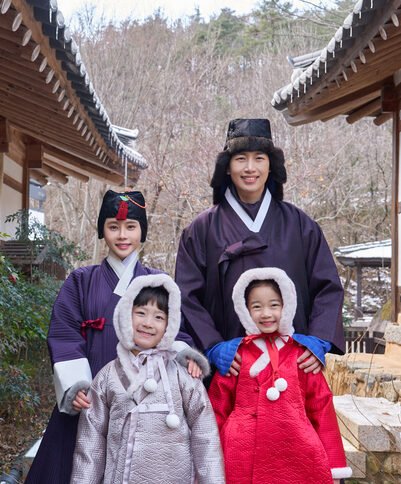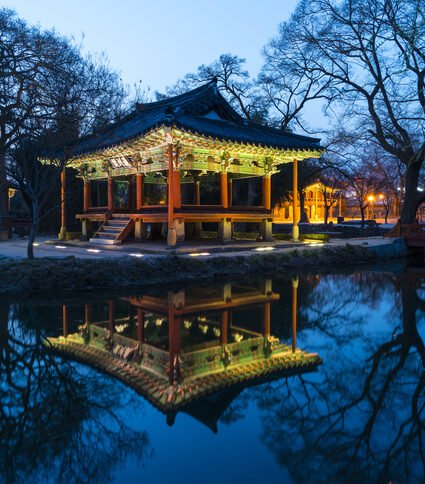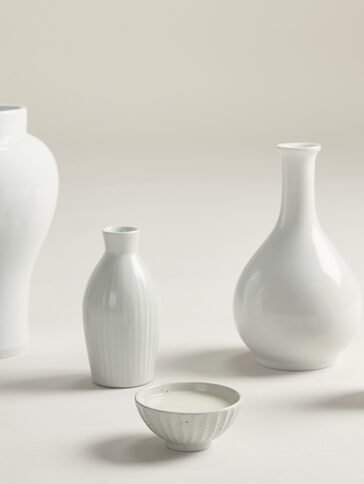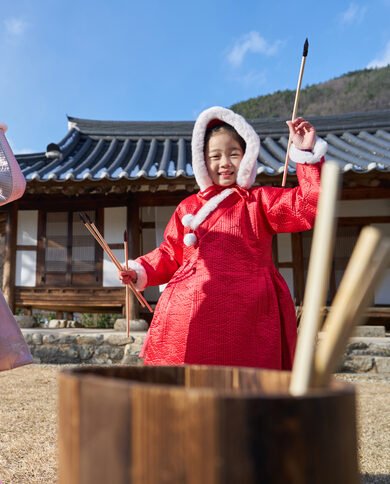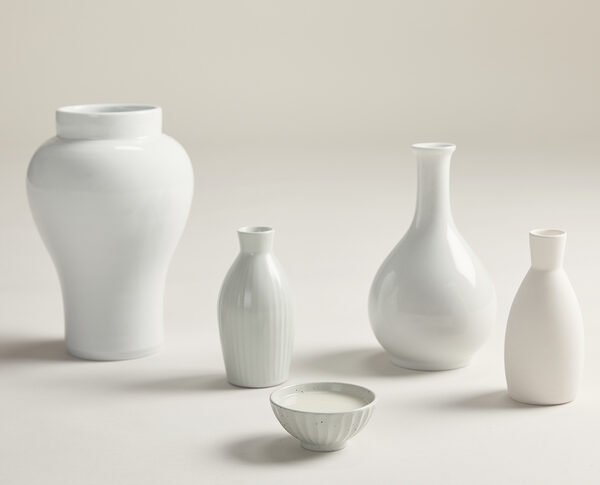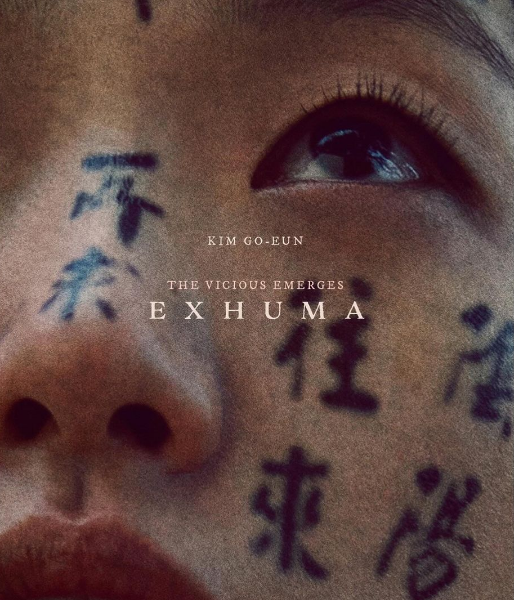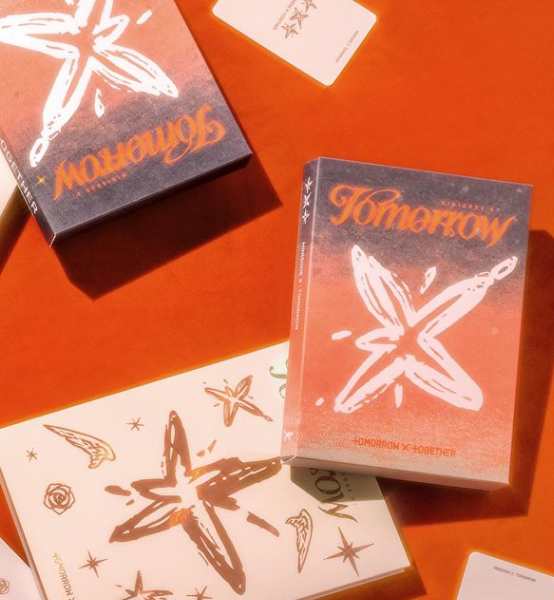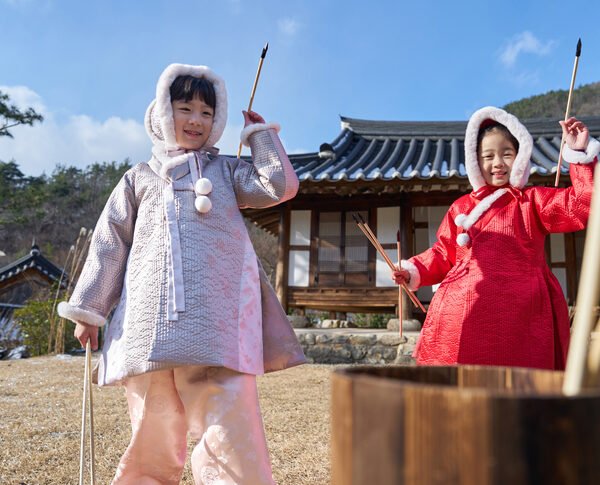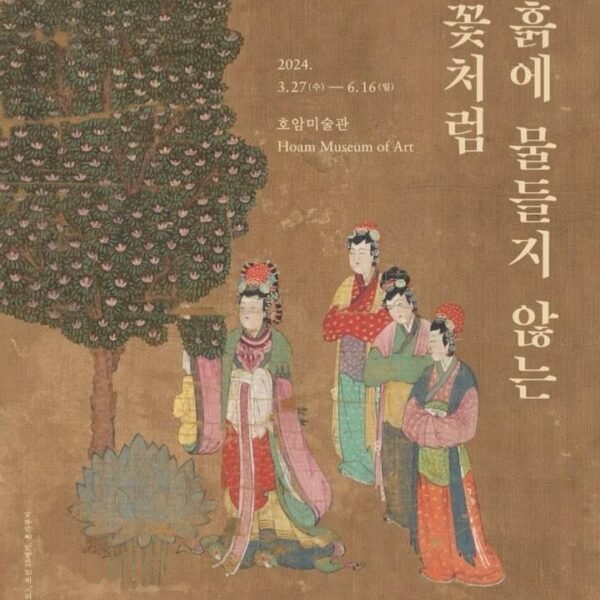“Experience Various Folk Games in Bukchon Hanok Village during Lunar New Year” offers an exciting opportunity for visitors to engage in traditional Korean folk games and festivities. Taking place at the Bukchon Hanok Village in Seoul, this event celebrates the Lunar New Year and the first full moon of the year. From shield-making to traditional kite flying, participants can immerse themselves in the rich cultural heritage of Korea while enjoying the beautiful surroundings of the historic Hanok Village. With activities for all ages, this event promises to be a memorable experience for both locals and tourists alike.
Experience Various Folk Games in Bukchon Hanok Village during Lunar New Year
Bukchon Hanok Village, located in Seoul, offers a unique opportunity to experience traditional Korean folk games during the Lunar New Year. This event, called the “Bukchon Hanok Village Lunar New Year Festival,” takes place on Lunar New Year’s Day and Lunar Full Moon Day, providing visitors with a chance to immerse themselves in Korean cultural traditions.
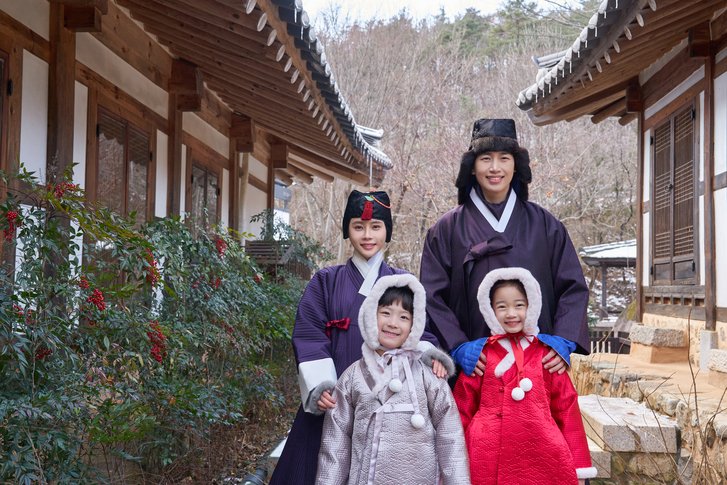
Event Details
The festival will be held on Lunar New Year’s Day and Lunar Full Moon Day. On Lunar New Year’s Day, it will take place from 10:00 AM to 4:00 PM, and on Lunar Full Moon Day, it will also run from 10:00 AM to 4:00 PM.
The event will be held in Bukchon Hanok Village, a historic neighborhood in Seoul known for its preserved traditional houses, hanoks.
The festival is organized by the Bukchon Culture Center, which aims to promote Korean cultural heritage and preserve the traditional atmosphere of Bukchon Hanok Village.
Activities on Lunar New Year’s Day
On Lunar New Year’s Day, visitors will have the opportunity to participate in various activities that celebrate the holiday and traditional Korean culture.
One activity is making fish-shaped yut sticks. Yut is a traditional Korean board game often played during the Lunar New Year. Participants will have the chance to create their own yut sticks in the shape of fish, symbolizing good luck and prosperity.
Another activity is making a shield for dispelling bad energy. In Korean folklore, it is believed that evil spirits and bad luck can be warded off by using a shield. Visitors can learn how to make their own shield and understand the symbolic meaning behind it.
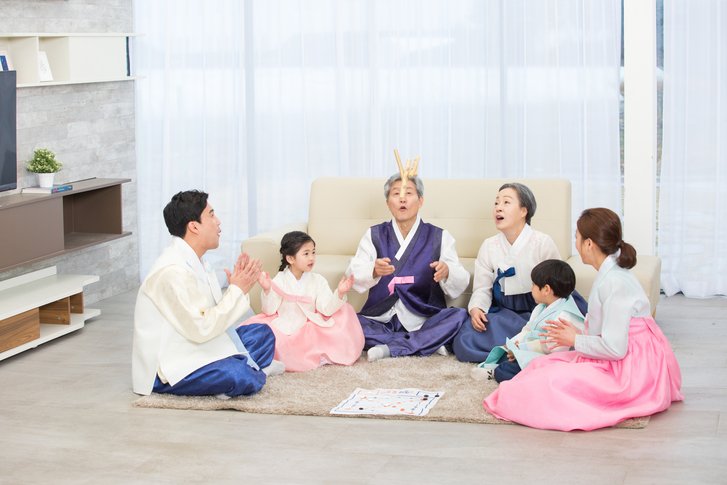
Activities on Lunar Full Moon Day
On Lunar Full Moon Day, visitors can engage in the activity of making a traditional mask. Traditional masks have been used in various Korean performing arts, such as mask dances and mask plays. Participants will have the opportunity to create their own mask and learn about its significance in Korean culture.
Other Folk Games and Activities
Apart from the specific activities on Lunar New Year’s Day and Lunar Full Moon Day, the festival offers various other folk games and activities for visitors to enjoy.
One of the games is the colorful stone game. This game involves throwing stones onto a colorful board and calculating points based on which color the stone lands on. It requires skill and accuracy, providing participants with an entertaining challenge.
Another game is the traditional spinning top game. Participants will spin traditional wooden tops and compete to see whose top spins the longest. This game not only tests skill but also brings back childhood memories for many Koreans.
Additionally, there is the traditional shuttlecock game, where players use their feet to kick a shuttlecock and keep it in the air. This game requires coordination and agility, providing a fun and active experience for participants.
Visitors can also enjoy playing various traditional games within the Hanok Village itself. There are spaces designated for games like tug-of-war, ssireum (traditional Korean wrestling), and tuho (throwing arrows into a narrow-necked vase). These games allow visitors to fully immerse themselves in the traditional atmosphere of Bukchon Hanok Village.
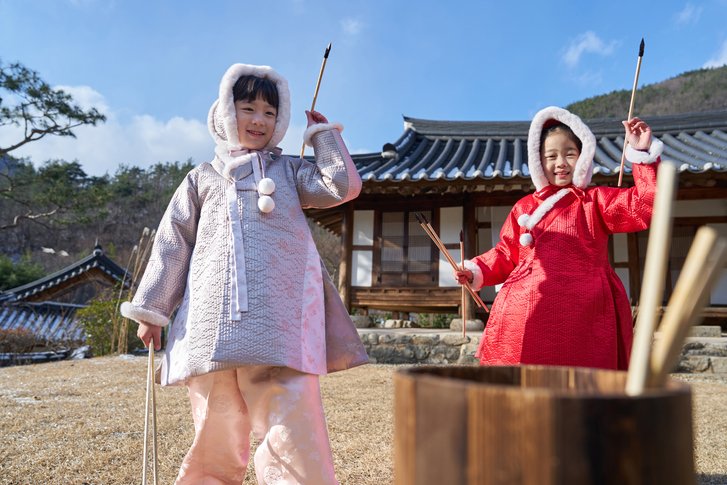
Refreshments and Food
No festival is complete without refreshments and food. During the festival, visitors will have the opportunity to taste traditional rice cake called Garae-tteok. Garae-tteok is a chewy rice cake usually enjoyed during the Lunar New Year.
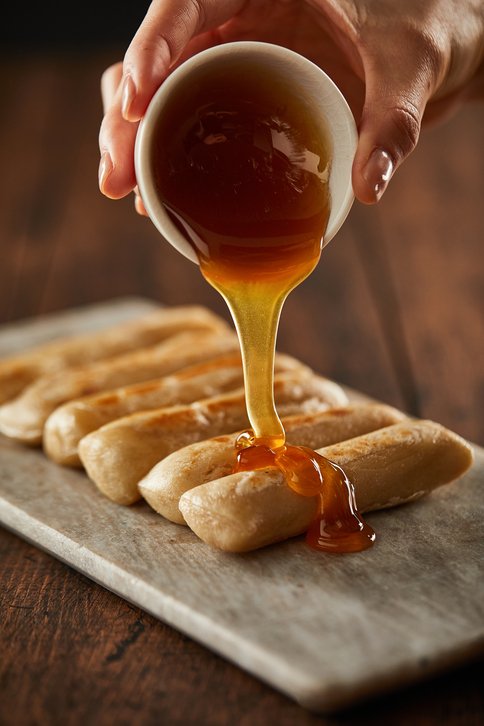
In addition to rice cakes, traditional liquor called Gwi-bang-i-sul will also be available for tasting. Gwi-bang-i-sul is a type of traditional Korean liquor made from various ingredients, including rice, malt, and herbs. It offers a unique taste and is often enjoyed during festive occasions.
Participation Details
To participate in the Bukchon Hanok Village Lunar New Year Festival, visitors are required to make a reservation or apply in advance. The festival is open to all, regardless of age or background. However, due to limited spaces, it is advised to make reservations or apply as early as possible to secure a spot.
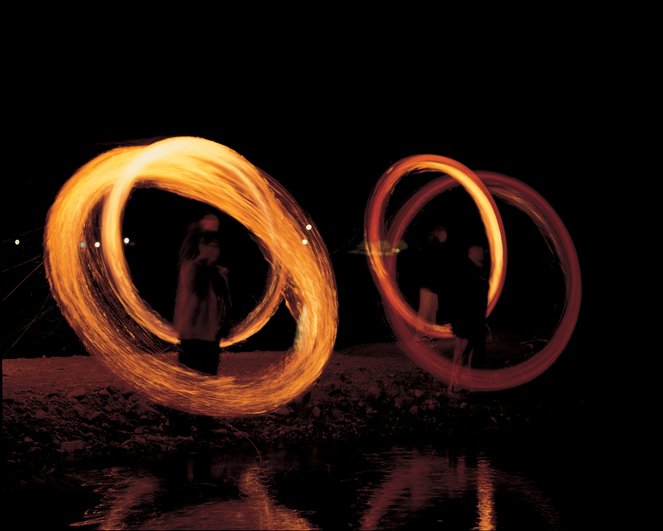
Contact Information
For more information about the festival and to make reservations or inquiries, visitors can visit the Seoul Hanok Portal Website. They can also contact the Bukchon Culture Center directly at the provided phone number.
The Bukchon Hanok Village Lunar New Year Festival offers a unique and immersive experience to celebrate the Lunar New Year and learn about traditional Korean culture. Whether you are a local or a tourist, this festival provides an opportunity to engage in various folk games, try traditional refreshments, and create lasting memories in the historic setting of Bukchon Hanok Village.

